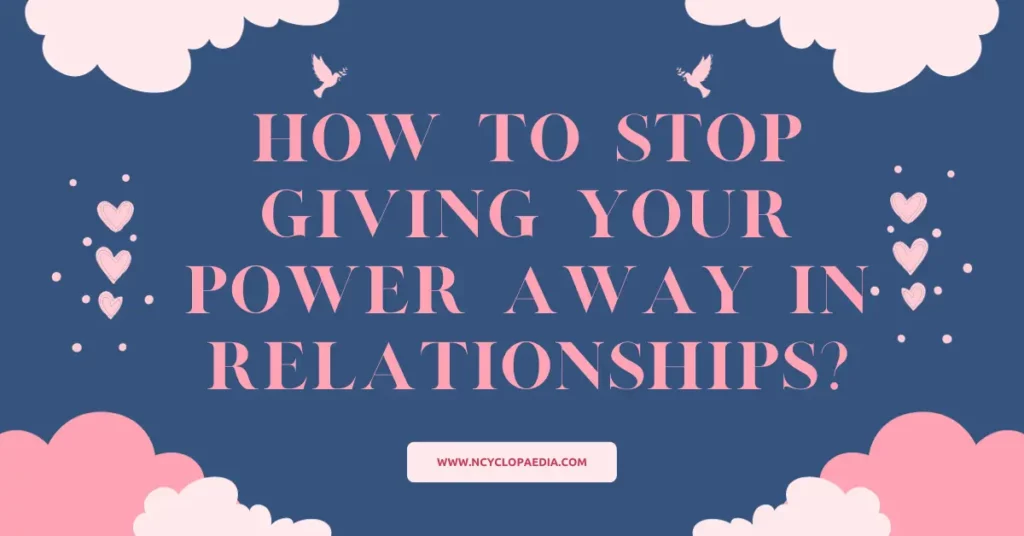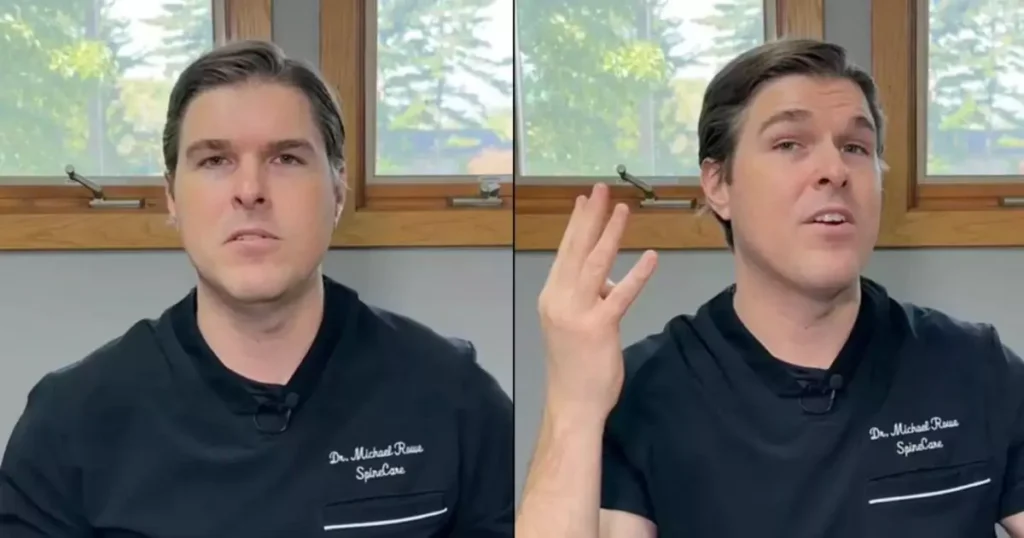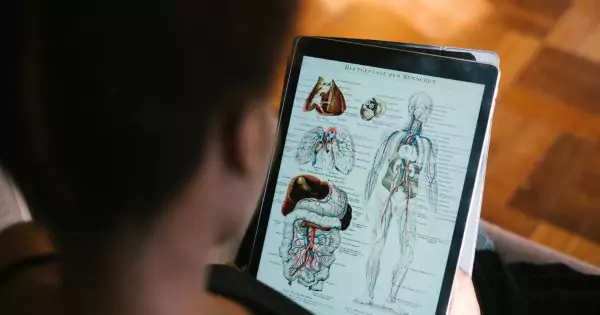Coping with overthinking following infidelity in a relationship is a daunting task. The emotional anguish and turmoil triggered by betrayal can cripple your ability to concentrate, socialize, and even meet your basic needs like eating and sleeping. However, it’s crucial to remind yourself that you are not responsible for your partner’s actions, and you deserve love and respect.
Understanding why your partner cheated is a pivotal step in addressing overthinking. Cheating typically occurs due to a lack of healthy boundaries and commitment on the part of the cheater. It’s vital to recognize that their actions reflect their own choices and not your inadequacies as a partner.
To halt the cycle of overthinking after being cheated on, it’s imperative to reframe your perspective and view the cheating as something that happened to you, not because of you. Remind yourself that your partner’s decision to cheat was a conscious choice, and it’s their responsibility, not yours.
Infidelity in a relationship can be a complex issue, and there is no justification for cheating. However, here are six common reasons why some individuals may choose to cheat:
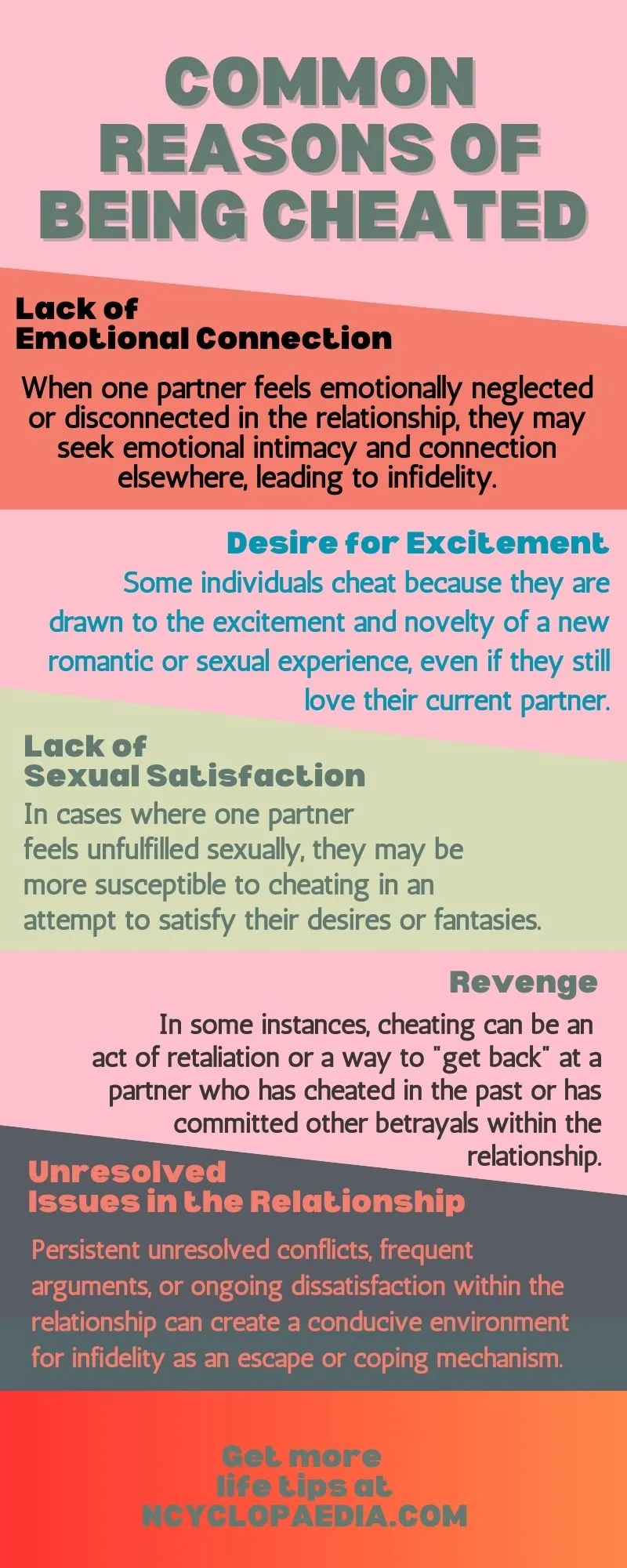
Here are some strategies to help you overcome overthinking and navigate the aftermath of infidelity:
Acknowledge the Pain
Infidelity inflicts a profound emotional wound, and it’s vital to recognize the intensity of the emotions it triggers. Understand that it’s entirely natural to experience a rollercoaster of feelings, including profound hurt, anger, confusion, and sadness. Give yourself the permission to grieve the loss of trust and the betrayal you’ve endured. This grieving process is an essential step in healing. Consider journaling your emotions or confiding in a trusted friend or therapist who can offer a compassionate and non-judgmental space for you to express your thoughts and feelings. Through acknowledgment and expression of your pain, you can begin to process and eventually overcome it.
Seek Support
Coping with the aftermath of infidelity can be an isolating experience, and seeking support is crucial for your emotional well-being. Reach out to friends, family members, or a therapist who can provide a safe and understanding environment for you to share your emotions and thoughts. Surrounding yourself with a support system can offer comfort and perspective during this challenging time. Additionally, consider joining support groups or online communities where you can connect with individuals who have gone through similar experiences. Sharing your story and listening to others can help you feel less alone and offer valuable insights into the healing process.
Maintain No Contact
If the relationship has come to an end as a result of infidelity, it’s essential to establish a period of no contact with your ex-partner. This no-contact phase serves multiple purposes. First, it creates emotional distance, allowing you to gain clarity and perspective on the situation. It also provides you with the space needed to focus on your own healing and self-discovery. During this time, you can rediscover your own identity, passions, and interests that may have been overshadowed during the relationship. Embracing self-care and personal growth can be transformative as you move forward.
Here you’ll find a comprehensive guide about Male psychology During No-contact as well as Female mind psychology in the No-contact Rule.
Here are some tips to get rid of overthinking:
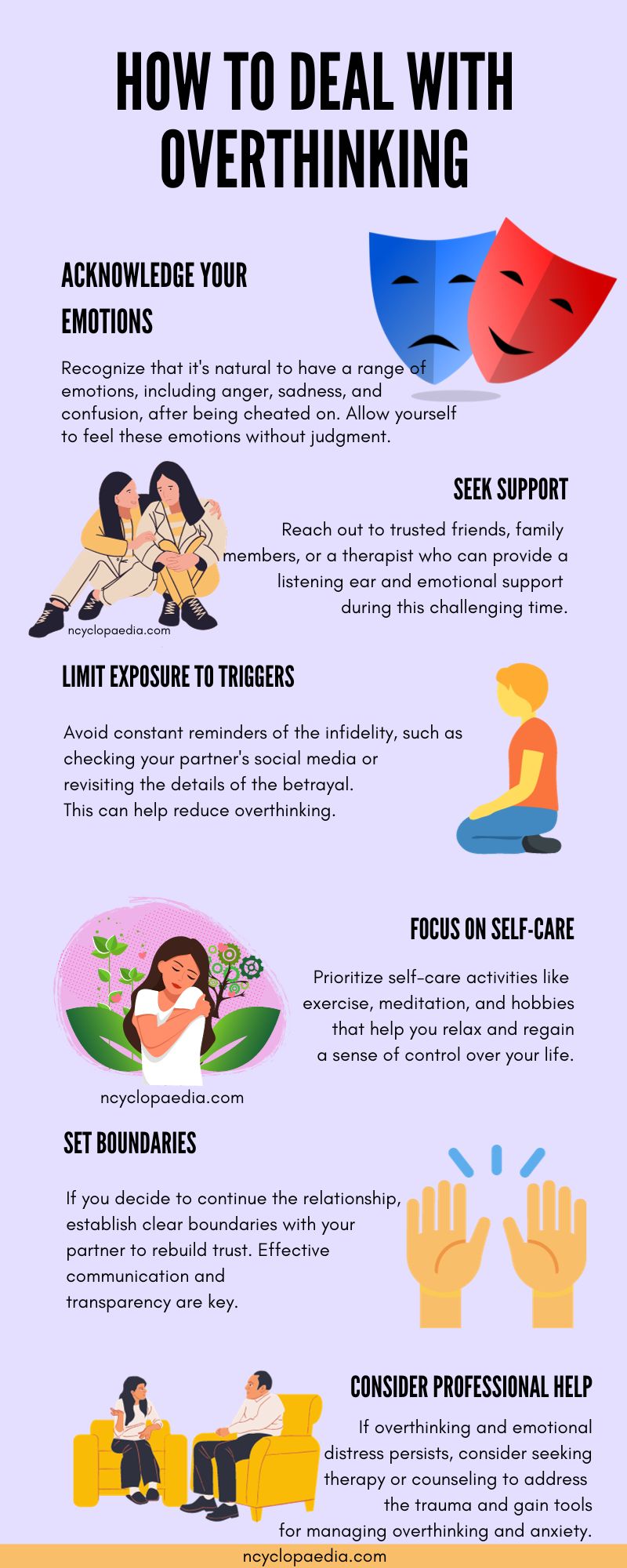
Understand the Motivations
While it’s crucial to remember that infidelity is never justified, seeking to understand the motivations behind your partner’s actions can be enlightening. This isn’t to excuse their behavior but rather to gain insight into the dynamics of the relationship and any underlying issues that may have contributed to the betrayal. Engage in open and honest conversations with your partner about their motivations, as well as your own feelings and needs within the relationship. Such discussions can foster understanding and may be a valuable step in the healing process. However, these conversations should occur at a pace that feels safe and comfortable for both parties.
Focus on Personal Growth
Infidelity can be a catalyst for personal growth and self-improvement. Prioritize self-care activities that nurture your physical and emotional well-being, such as regular exercise, meditation, and engaging in hobbies or interests that bring you joy. Consider seeking opportunities for personal development, such as individual therapy or self-help resources, to enhance your emotional resilience and self-esteem. This period of introspection can empower you to emerge from the experience as a stronger and more self-aware individual. It’s an opportunity to invest in yourself and create a fulfilling life independent of the relationship’s challenges.
Rebuild Trust
If you choose to continue the relationship after infidelity, rebuilding trust becomes a central focus. Reestablishing trust is a gradual process that requires commitment from both partners. Begin by setting clear expectations and boundaries for the relationship moving forward. Effective communication is key; create an environment where you can openly discuss your concerns and feelings while also listening to your partner’s perspective. Consistency and transparency in your interactions will be essential in rebuilding trust. Remember that rebuilding trust takes time, and it’s normal to experience setbacks along the way. Seeking professional guidance, such as couples therapy, can provide valuable support and guidance as you navigate this complex process. It’s important to be patient with yourselves and each other as you work together to rebuild the foundation of trust.
Reassert Control
Infidelity can leave individuals feeling powerless and vulnerable. As you move forward, it’s crucial to reassert control over your own life and emotions. Define clear boundaries that reflect your needs and expectations within the relationship and communicate them openly to your partner. Make it unequivocally clear that you will not tolerate any behavior that makes you feel unsafe or disrespected. Monitor your emotional well-being closely and be prepared to take action if you sense a recurrence of trust issues or betrayal. Remember that you have agency within the relationship, and it’s essential to prioritize your own mental and emotional health.
Exercise Patience
Healing from the aftermath of infidelity is a process that requires time, patience, and commitment. Understand that there is no fixed timeline for recovery, and it’s essential to be patient with yourself and your partner. Rebuilding trust and addressing the emotional scars left by infidelity is a journey, not a destination. Expect that there may be setbacks along the way, and don’t rush the recovery process. Seeking professional guidance, such as individual or couples therapy, can be invaluable in providing support and insights as you navigate the complexities of healing. Be gentle with yourselves, and remember that as you progress through this challenging time, you are both working toward a stronger, healthier future together.
Ultimately, coping with overthinking after infidelity is a deeply personal journey. Each individual and relationship is unique, and it’s essential to tailor these strategies to your specific circumstances. Remember that healing and rebuilding trust take time, and there is no fixed timeline for recovery.































